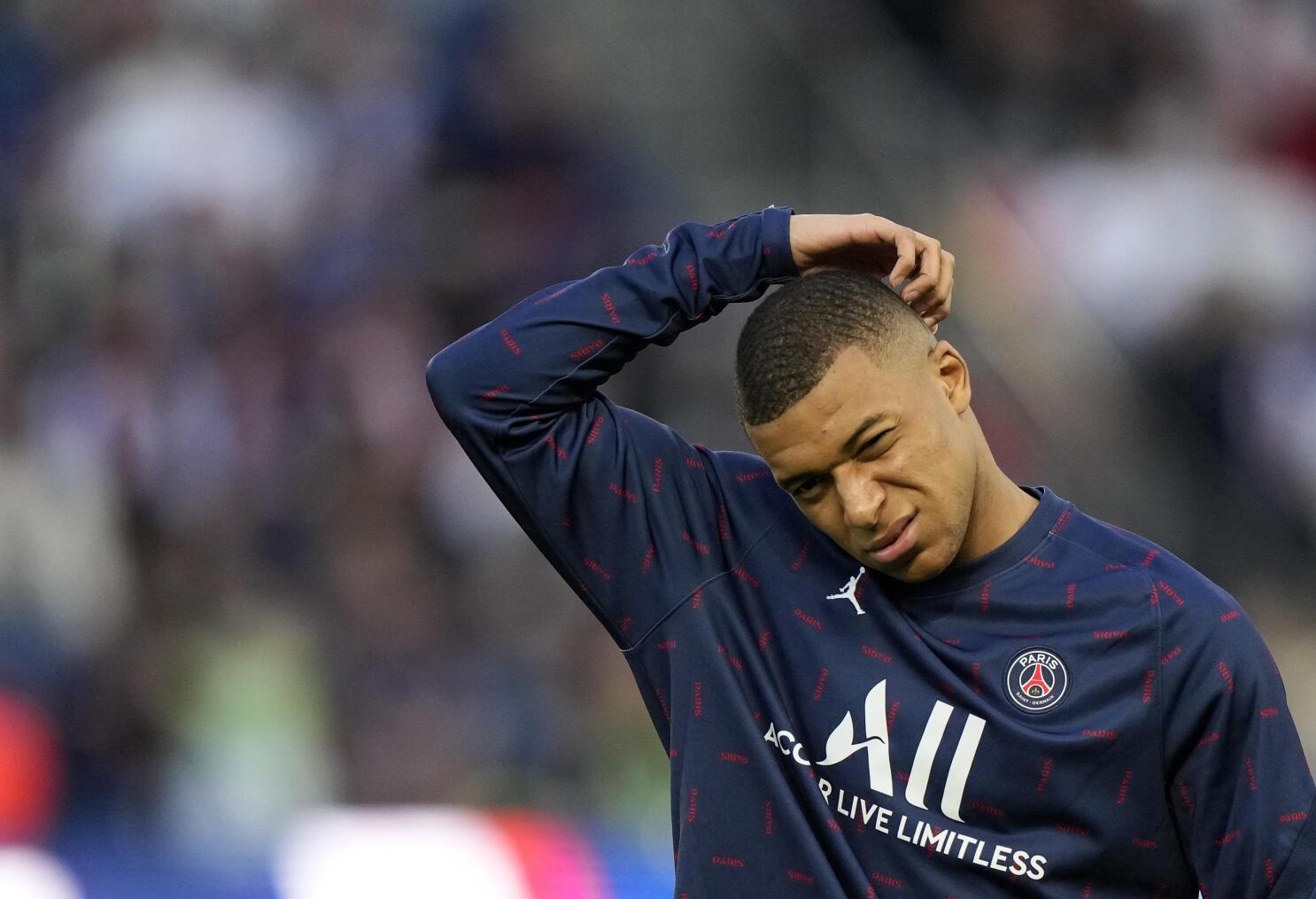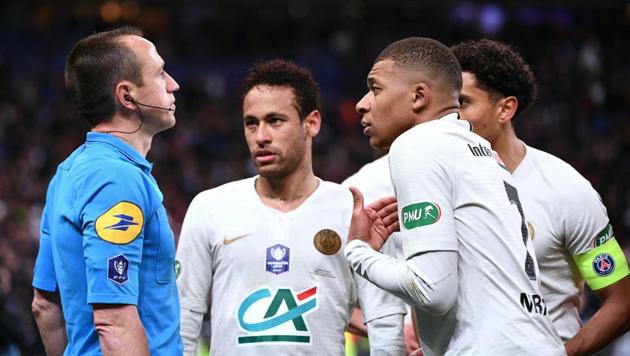
The Battle for Financial Fairness in Ligue 1: Big Clubs vs. Small Clubs
In a significant move aimed at addressing financial inequalities in Ligue 1, the French Senate has proposed a bill that seeks to cap the earnings of top clubs like Paris Saint-Germain (PSG) to no more than three times that of the smallest club in the league. This initiative is designed to promote a more equitable distribution of television revenue, which has historically favored the larger clubs based on their performance and popularity.

A Divided League
The proposal has met fierce resistance from the elite clubs, who have reportedly lobbied senators to reject the bill. According to a source, the atmosphere is tense between the giants of the league, including PSG, and their smaller counterparts, as the latter stand to benefit significantly from a more balanced financial structure. Currently, the distribution of TV rights is heavily skewed, leading to a widening gap between the top and bottom clubs in terms of resources and competitiveness.
For instance, PSG, which boasts a star-studded lineup and lucrative sponsorship deals, earns substantially more from television rights than clubs such as Clermont Foot or Troyes. These discrepancies have led to a cycle where the top clubs dominate not only on the pitch but also off it, making it increasingly difficult for smaller teams to compete effectively.
The Financial Landscape
Currently, the distribution of TV revenue is primarily based on factors such as club performance, fan engagement, and international visibility. As evidenced in the 2022/2023 season, PSG received approximately €200 million in TV rights, while the smallest clubs earned less than €50 million. This disparity has significant implications for club operations, including player acquisitions, salaries, and overall competitiveness.
The proposed legislation aims to correct these imbalances by imposing limits on the revenue of larger clubs. If successful, it could lead to a more level playing field, fostering competition and improving overall league quality. The bill has sparked widespread discussion among stakeholders, with many arguing that a fairer financial model is essential for the league’s long-term viability.

Voices from the Ground
The debate is far from one-sided, with opinions varying widely among club executives and fans. "We need a more equitable system that allows smaller clubs to thrive," said Pierre Ménès, a well-known football commentator. "Without such changes, we risk making Ligue 1 a competition that only a few can truly contest."
On the other hand, executives from larger clubs argue that capping their revenue would hinder their ability to attract talent and compete in European competitions. "Limiting our revenue would severely impact our ability to invest in world-class players and facilities," stated a PSG official who preferred to remain anonymous. This perspective reflects a broader concern among elite clubs that financial restrictions could stifle their growth and competitiveness on the global stage.
The Possible Outcomes
As the debate unfolds, it is clear that the outcome will have lasting implications for the future of Ligue 1. The bill's proponents argue that it will enhance competitive balance, leading to a more engaging league where multiple teams can vie for the title rather than a select few. Conversely, opponents fear that such measures could undermine the appeal of the league, driving away top talent and diminishing its standing in European football.
The implications of financial disparity in Ligue 1 extend beyond club performance; they also influence the fan experience. A more competitive league could lead to higher attendance and increased fan engagement across the board. Smaller clubs with adequate resources might invest in infrastructure and community initiatives, enriching the footballing culture in their respective cities.
A Call for Change
This ongoing struggle highlights the complexities of modern football economics and the need for reform in the face of growing disparities. As the French Senate deliberates on this bill, the wider football community will be watching closely. Will the smaller clubs finally receive the support they need to compete, or will the financial clout of the big clubs prevail?
For now, the future of Ligue 1 hangs in the balance, and the outcome of this proposed legislation could reshape the landscape of French football for years to come.
Key Points:
- Proposed bill aims to limit financial disparities in Ligue 1.
- Top clubs, including PSG, oppose the changes, fearing revenue loss.
- Smaller clubs could gain significantly from a fairer distribution model.
The French Senate's actions may represent a watershed moment for Ligue 1, reflecting a growing awareness of financial fairness in football. The struggle between big clubs and small clubs is not merely a fight over money; it is a contest for the soul of the game itself. The outcome will undoubtedly have repercussions that resonate throughout the footballing world.
For further reading, visit Foot Mercato.